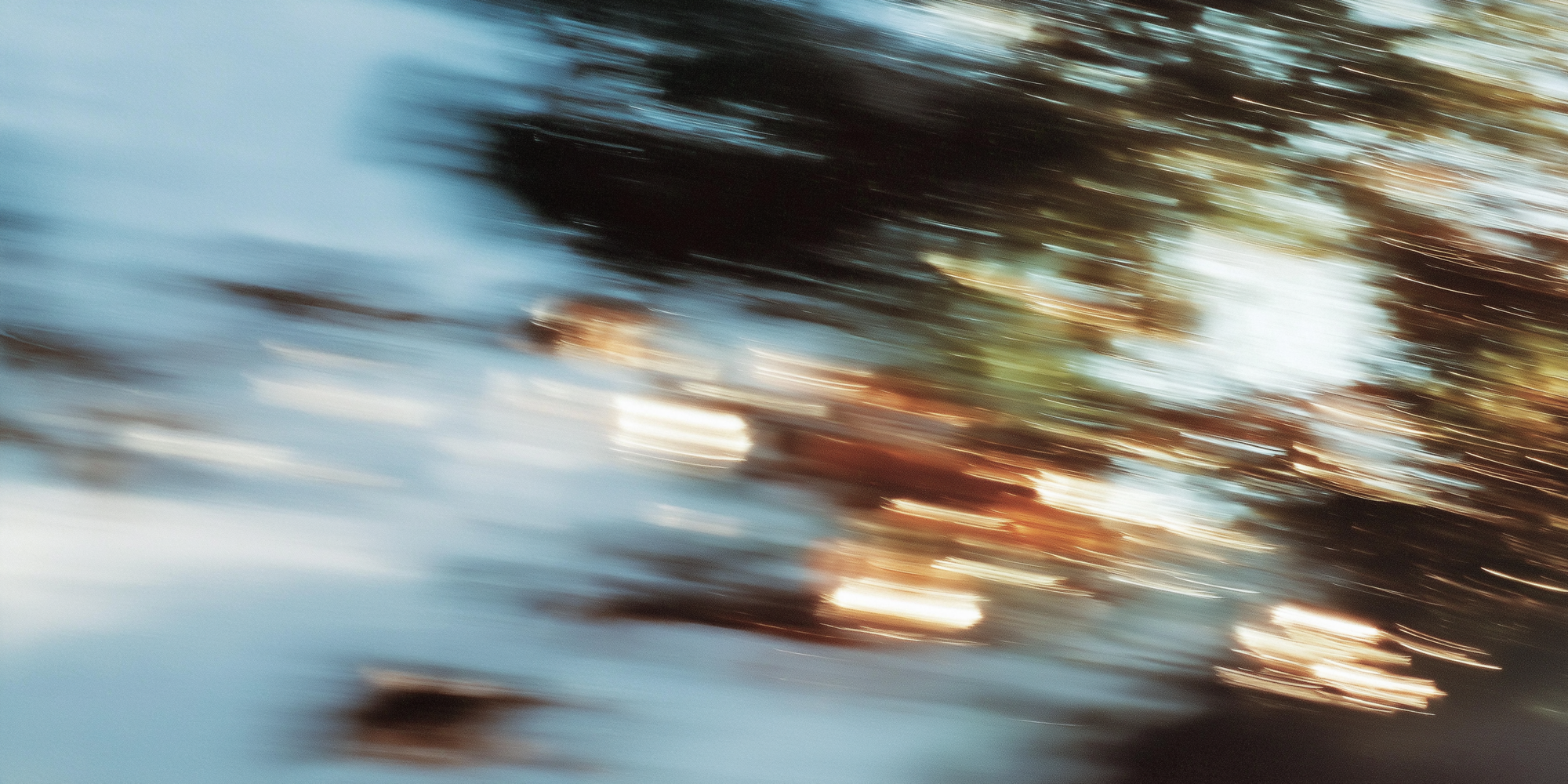thoughts on curation

Lately I've noticed I'm both consuming more curated recommendations and curating more myself. Building playlists, choosing what to share, collecting inspirations. Here are some rough notes on curation.
Curation is back
Information used to be scarce. Someone had to find it, gather it, present it. Curation mattered because access was hard.
Then the internet arrived. For a brief period, search worked well. Growing up online, I didn't think I needed curators – my mouse and keyboard were enough.
That changed gradually. WordPress made everyone a blogger. Instagram turned everyone into a photographer. YouTube gave everyone a video channel. Creation became easier, barriers kept dropping. And now AI generates content from simple prompts.
We're circling back to relying on curators, but for different reasons. Not because information is hard to find – but because there's too much of it. The rare thing now is a trusted eye that points you to what's worth your time.
Curation is creation
Curation itself is a form of creation. When you assemble a playlist, you're not just collecting songs – the whole becomes something new. The arrangement creates meaning that didn't exist in the individual pieces.
A DJ reading the room creates something beyond the individual songs they play. A gallerist choosing which pieces to show makes a statement through contrast and omission. A bookshop owner choosing inventory shapes what ideas reach their community.
Order matters. So does space between items. So does what you omit.
Curation and remix
Curation often has a remix element. Even pure selection carries your commentary, whether you intend it or not. The way pieces sit next to each other creates meaning. You add a meta-layer just by arranging.
But it's a spectrum. At one end there is pure selection – choosing existing things and arranging them. At the other end is transformation – taking those things and modifying them into something else. Collages, edits, mashups all start with curation, and then go further. The more you tamper with the original, the more you become a co-author.
Creation and remix?
(This is the most philosophical part)
Every original thought you've had is based on something. An inspiration, an experience, a conversation, an idea you absorbed somewhere. Nothing comes from nowhere. We're constantly remixing inputs from everything we've seen, read, heard, felt.
Is everything we think, create or do just a remix of what we've learned? I lean toward yes. Originality might not be about creating from nothing – it might be about recombination. Which elements you pull forward and which you leave behind. The connections you make between things that don't obviously belong together.
Everyone is curating
We're all curating constantly. The books visible on your shelf, the clothes you wear, the songs you Shazam and the playlists you make, the links you share, the photos you post and the ones you delete. Every day you're selecting and omitting, building an identity from endless available elements.
But when you don't curate intentionally, you're still being curated – by algorithms optimizing for engagement, by friends and family influencing your choices, by cultural expectations shaping what feels acceptable.
Curation as taste
Taste isn't innate – it's developed. When you curate intentionally, regularly, you start noticing things. Connections between pieces you didn't see before. Patterns emerging. What you like, what you don't.
"Personal taste is one of our most valuable assets. When we take time to curate intentionally, we build and nurture that taste over time, in ways that even the most intelligent algorithm never could."
"Curate inspiration every day. Take even 30 minutes per day to browse a space full of inspirational content and save anything you like (even if you don't know why) into super specific/niche buckets." – Marty Bell
Curation builds taste that's genuinely yours. And once you've built it, taste becomes valuable – not just to you, but to others.
Curation as brand
You can build an entire brand on curation alone. Many DJs never produce their own tracks – they read rooms, sequence music, create energy purely through selection. In fashion, stores like Colette and Kith built followings through what they chose to stock. The selection itself becomes the product.
There are even anonymous curator accounts – Gorpworld, Nineties Anxiety – that built massive followings purely through curation.
Curation and trust
When you subscribe to someone's taste – whether a newsletter, a playlist, an Instagram account – you're letting them filter your world. Everything they recommend shapes what you see, what you consider worth your time, what you ignore.
The economy around curation runs on that trust. You're not just buying a product or consuming content – you're buying into someone's lens on the world.